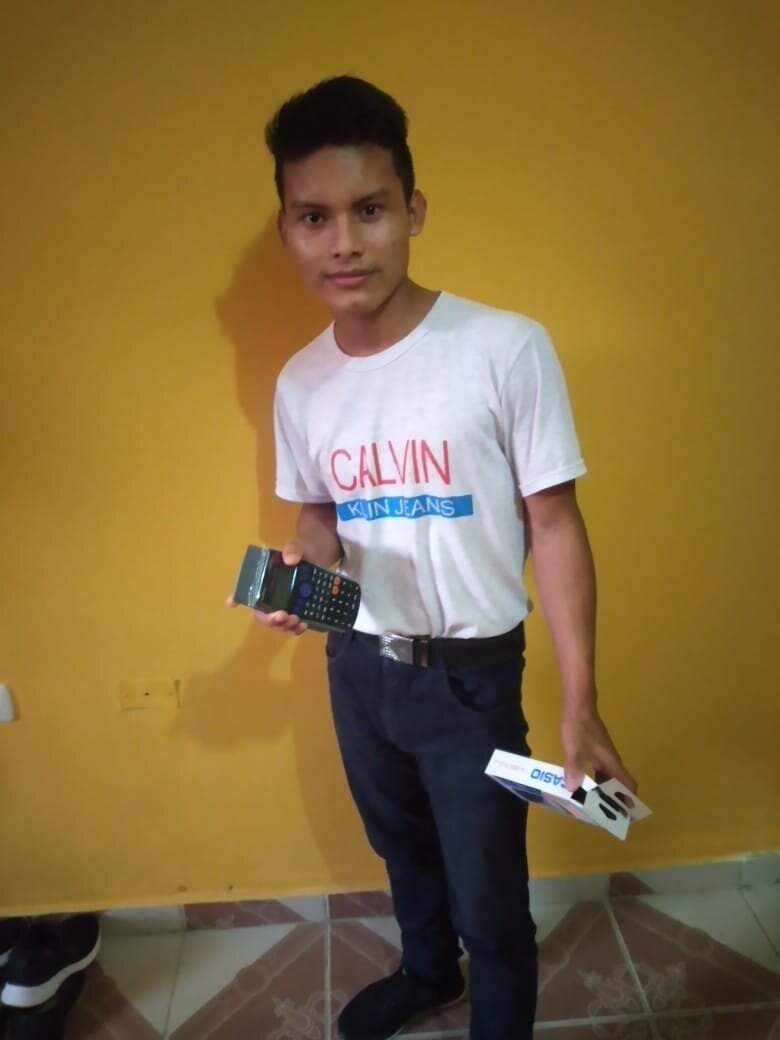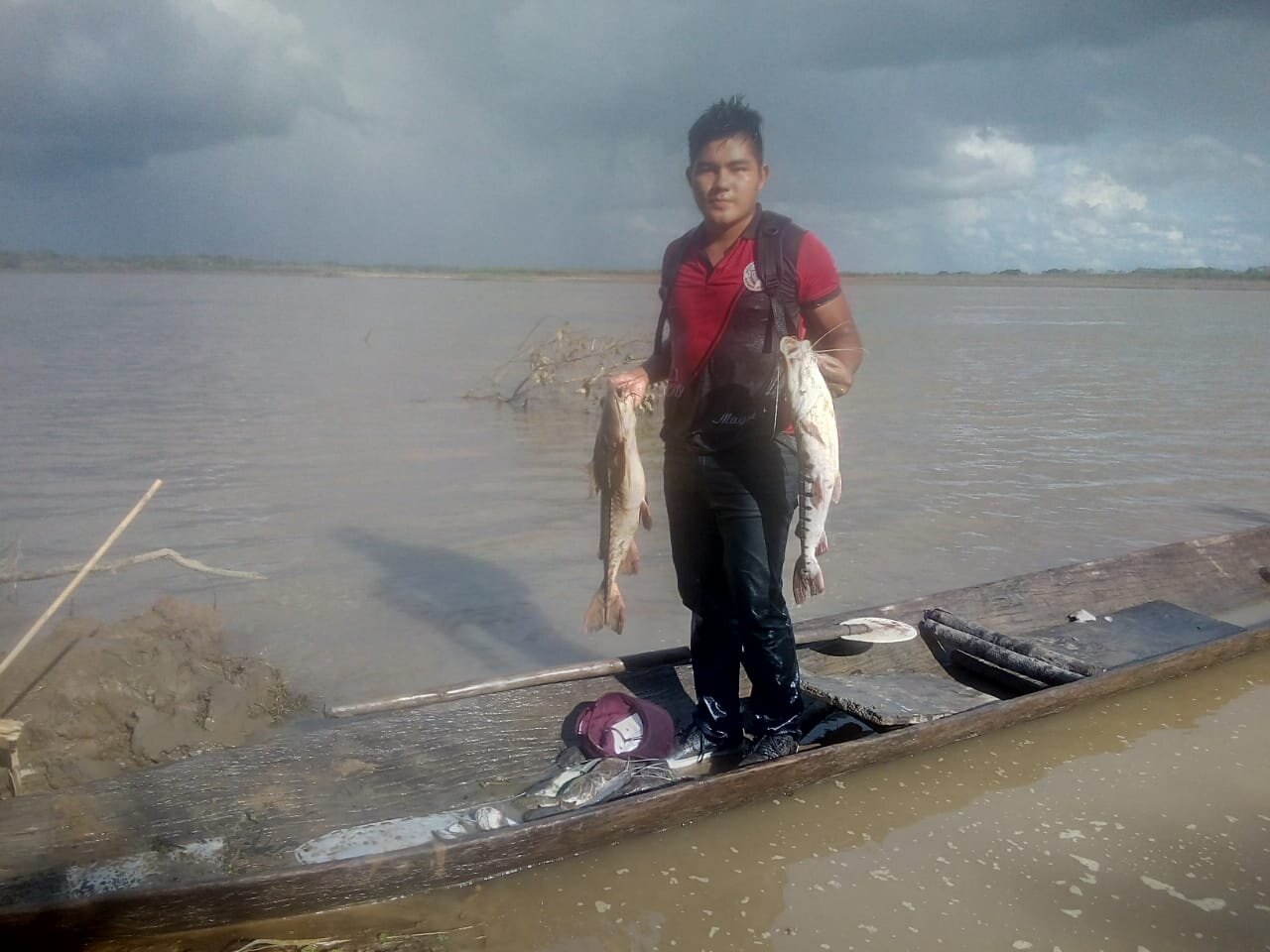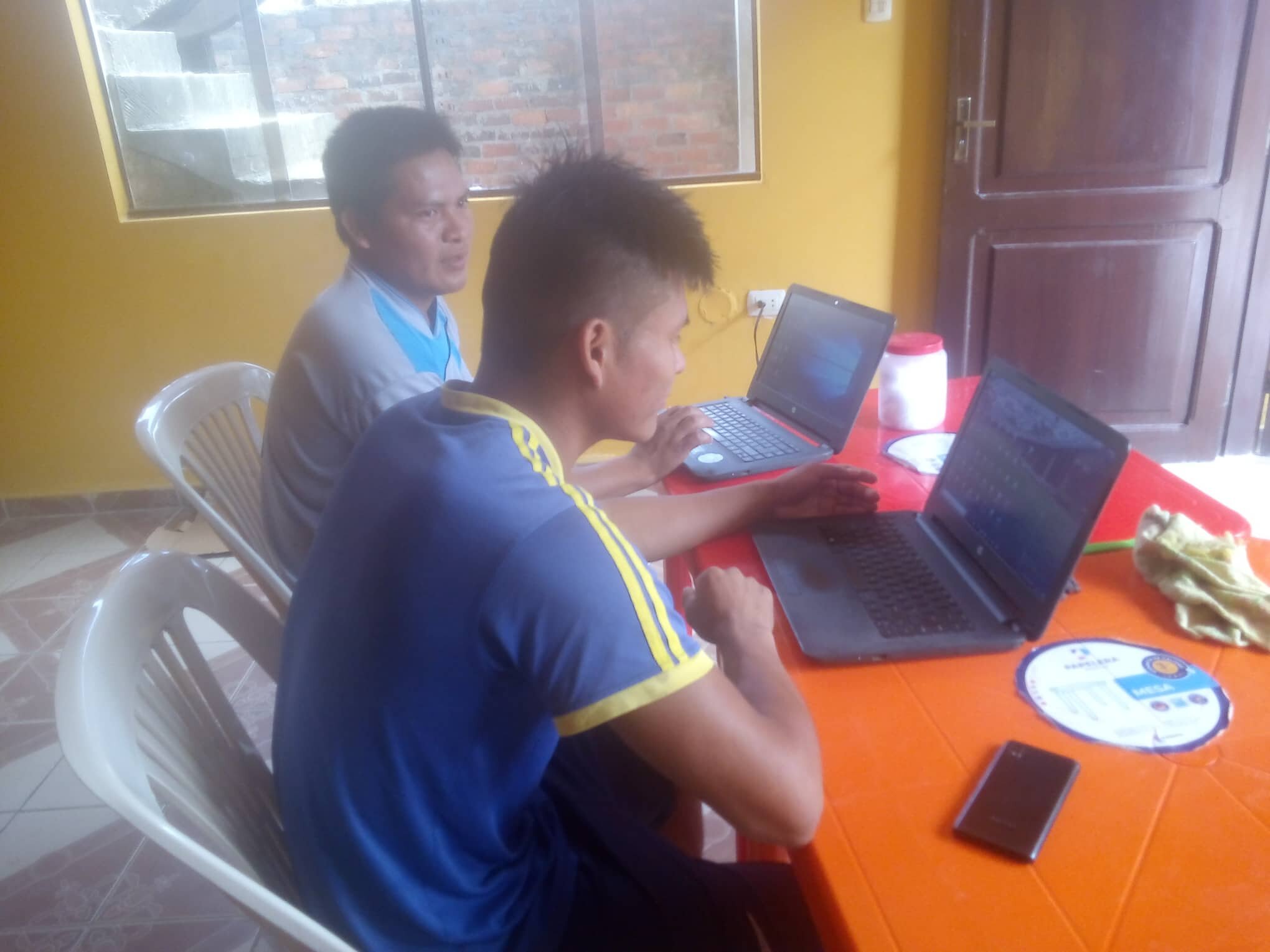One Pencil Inks 5-year Partnership Commitment with the University of Beni and Tsimane General Council
Less than 6 months ago the One Pencil Project established the Tsimane Scholarship Fund to provide talented indigenous students in the Beni region of Bolivia with a university education. Today we are proud to announce that One Pencil has signed 5-year partnership agreements with the Tsimane governing council (the “Gran Consejo Tsimane”) and the Universidad Autonoma del Beni (“UAB”). With formal commitments from these two critical partners, the Tsimane Scholarship Fund now has the institutional foundation necessary to maintain this initiative on a long-term basis. Although a team effort, special recognition goes to University of Richmond Professor and One Pencil Vice President Christopher von Rueden, who led efforts on behalf of OPP to establish this program.
Basic terms of these agreements include:
One Pencil to fund student scholarships, providing for tuition, books, computers and other related expenses
Tsimane Gran Consejo to participate in nomination of student recipients and to publicize the program throughout the Tsimane community
University to provide meal plans and, subject to availability, student housing
Student commitments to maintain grades and to return to their communities upon completion of their studies
One Pencil’s First Tsimane Scholarship Recipients.
From left: Maguiel Sarabia Canchi (agricultural engineering), William Pache Durvano (veterinary medicine), Jose Sarabia Vie (law), Lander Pache Durvano (accounting), Betsaida Vaca (accounting)
Even prior to entering into these formalized agreements, One Pencil and the Gran Consejo selected the first group of scholarship recipients and those students began attending classes this spring. Without university participation in place, One Pencil rented a house in Trinidad, the region’s capital and location of the university, and outfitted the house with furniture, wifi access, and cookware. We also covered tuition and purchased supplies for the students, including required graphing calculators and books, as well as laptop computers. The latter have been essential as classes have been remote this semester, and we have also been sending students a monthly allowance for food and hygiene essentials. (Tragically, a formal agreement with the University was delayed by the passing of two university administrators due to COVID-19). Key to our negotiations with the University was the assistance of Garciano Guzman and Marino Lero Vie, who themselves are indigenous and are graduates of UAB. Garciano and Marino are integral to the administration of our program, providing on-the-ground assistance to the students and helping One Pencil monitor scholarship recipient’s academic performance.
Pictured are Garciano Guzman and Marino Lero Vie, One Pencil’s administrative team in Bolivia and key contributors to the success of the Tsimane Scholarship Program
One Pencil VP Chris von Rueden top center, conducting a Zoom meeting with our Bolivian team and the scholarship recipients
While our contract with UAB will mitigate our food expenses, the cost per student is approximately $1,400 US per year, and the students’ are enrolled in four and five year programs. The success of our program will depend largely on continued support from our donors. Please consider making a donation to either the Tsimane Scholarship Fund or if you prefer, the One Pencil General Fund. If possible, consider making a recurring donation. One Pencil Project staff take no compensation, so virtually every dollar is a direct investment in these students, the Tsimane people, and their futures.







